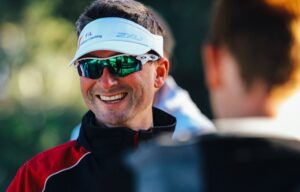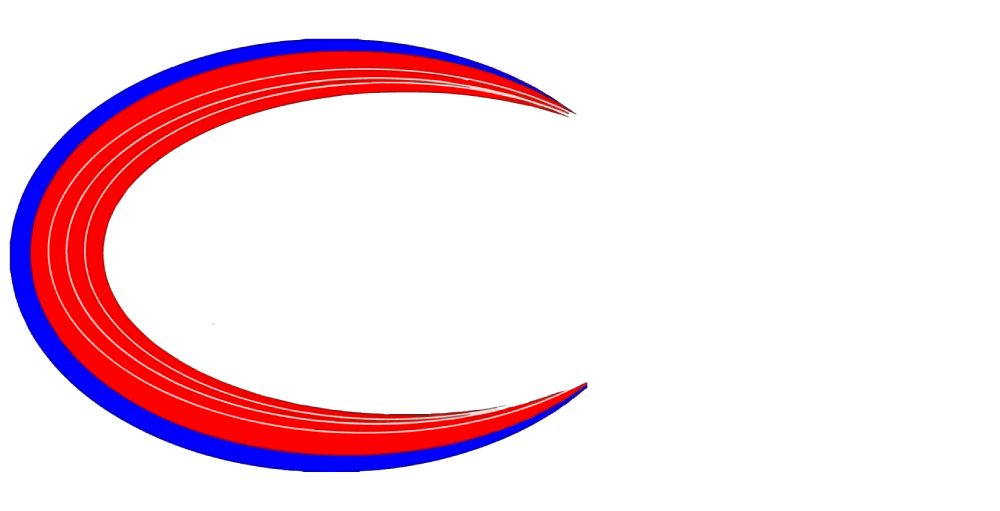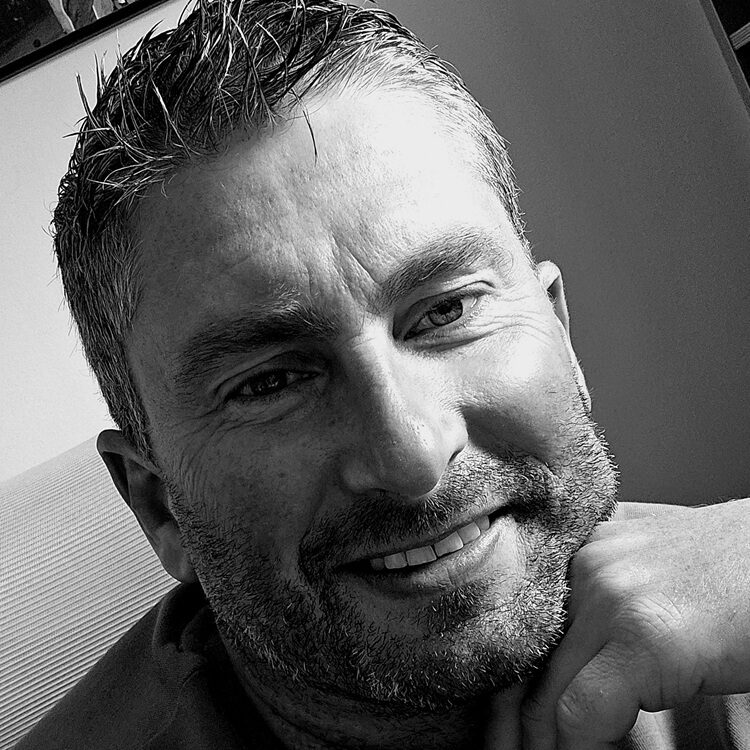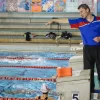The Comeback Code
When elite triathlete Jake Calloway crashes out of the world circuit after a devastating injury, the sports world writes him off. But veteran coach Riley Quinn sees something in him that no one else does: the hunger to reclaim his place at the top.
Facing doubt, exhaustion, and a sports industry that favours the new rising stars, Riley and Jake forge a relentless training regime that will push them to their limits. But it’s not just physical strength, they need to rebuild—trust, resilience, and the fire of competition must be reignited.
As they battle through gruelling training sessions, internal struggles, and high-stakes competitions, Jake must prove he isn’t just a fading legend. With Riley’s unconventional coaching methods and Jake’s stubborn determination, they aim for the ultimate prize: redemption at the IronGlobe Triathlon Championship.
But with rivals circling and personal demons threatening to derail everything, their fight becomes about more than just winning—it’s about redefining greatness.
Coming in 2025... Read on for the opening scenes
The Breaking Point
The roar of the crowd barely registered in Jake Calloway’s ears. It should have been fuel, should have driven him forward—yet all he felt was the weight of expectation crushing his chest.
His legs burned, his lungs screamed, but that was nothing compared to the chaos in his mind. He had been here before—leading in a major race, his name whispered in the same breath as legends. But something had changed. Doubt had become a disease, spreading through his thoughts, gnawing at his confidence.
The finish line was only a few kilometres ahead, but his vision blurred. Memories surged—his injury, the months lost, the whispers that he was finished. And somewhere in the spiral of panic, his stride faltered.
One misstep. Then another. Spectators gasped as Jake Calloway—the man who had once dominated this sport—slowed to a stop. His competitors rushed past, their determination unfazed. He stood there, body capable but spirit broken, as the moment swallowed him whole. Then, for the first time in his career, Jake turned away from the finish line.
Failure wasn’t just an outcome today—it was a choice. And in that moment, he let it consume him.
The rhythm of his footsteps should have been comforting—a steady cadence, the foundation of every race he had ever won. But today, it was fractured. Uncertain. Jake Calloway wasn’t thinking about the finish line anymore. He was drowning in everything before it. The injury. The rehab. The doubters. They had all said the same thing in hushed tones, in headlines splashed across screens. Calloway won’t be the same. Calloway won’t come back. Maybe they were right.
He felt the energy draining from his limbs—not physically, but something deeper, something worse. His body was fine. His mind was what had betrayed him.
The other Triathletes surged ahead, but Jake wasn’t following.
He imagined himself crossing the finish line. He imagined lifting his arms, celebrating, proving them wrong. But it felt fake—like an illusion he no longer believed in. The pain in his legs was nothing compared to the weight in his chest. Doubt had won.
With one faltering step, then another, Jake slowed. He heard gasps, confused shouts, his own name spoken in disbelief. And then he did something he had never done before. He stopped.
Jake’s breath was ragged, his body heavy, his spirit crumbling. But as he stood on the side of the racecourse, hands on his knees, a memory surged through the fog of his mind—one that felt like a cruel reminder of what he had lost. Three years ago. The Apex Triathlon. He could still feel it—the electric charge in his veins, the perfect synchronization of mind and body as he powered through the final leg of the race. His stride was effortless, his breathing controlled. Pain existed, but it was a distant hum, drowned out by adrenaline and belief. The crowd had been deafening that day, chanting his name as he surged ahead, leaving his rivals struggling to keep up. Every step brought him closer to the tape, every heartbeat pulsed with certainty. Fifty meters. Twenty. Ten. Then—his arms lifted in triumph as he crossed the finish line. Everything had aligned. His training, his discipline, his sheer will. He had conquered the course, conquered his limits, conquered them. The podium had felt like his rightful place—standing tall, gold medal gleaming, the anthem ringing in his ears.
Now? Now, he couldn’t even finish. The memory dissolved, replaced with the suffocating weight of failure. Jake Calloway had once been invincible. Today, he was nothing.
His hands fell to his knees as he gasped for breath, but it wasn’t exhaustion—it was surrender. The race continued without him, without the man who used to dominate.
Jake Calloway had reached his breaking point. And deep down, he wondered if he would ever come back from it.
Jake Calloway’s feet betray him first. It doesn’t happen all at once. There’s no spectacular collapse, no dramatic injury forcing him off the course. No, it’s much worse than that. It’s deliberate.
One moment, his body is carrying him forward, muscle memory working just as it always had. The next, his strides slow—stutter—until finally, his legs refuse to move. His pulse thunders in his ears, drowning out the gasps from the crowd, the commentators’ stunned voices crackling over the event speakers. He can still hear them, though. Is he stopping? Why is he stopping? Jake Calloway is pulling up just meters from the final stretch—something’s seriously wrong. Calloway is done—he’s done! He’s not finishing!
He should be collapsing, gasping for breath, hands clutching at his thighs from exhaustion. But that’s not what this is. This isn’t physical fatigue—not really. This is something deeper, something darker. Jake knows the moment will be analysed, dissected, and picked apart for weeks—maybe forever. The cameras are on him, the thousands of spectators are watching, his competitors are passing by without mercy. He should move. He should at least pretend to fight through it. But his body isn't broken. His mind is.
And so, in the most damning way possible, Jake Calloway makes the choice. He quits.
Jake pulls his race cap lower as he steps off the course, slipping past the stunned race officials and ignoring their attempts to call him back. His vision is tunnelled, his focus singular. Get out. Get away. Find solitude. The finish line is behind him, so he doesn’t look back. The crowd stares, whispers swirling through the air like venom. He catches glimpses of wide-eyed spectators, some still holding their breath, some recording on their phones.
One voice stands out: “Jake, what happened?!”
It’s not a reporter—it’s a fan, one of the countless people who had once cheered for him, who had believed in his greatness. Jake doesn’t answer. He doesn't trust himself to speak. He just keeps walking, his heart pounding so loudly it drowns out everything else. He reaches the transition area, where exhausted athletes stagger to collect their gear, where race officials help competitors retrieve equipment. The energy here is different—it’s where victors catch their breath, where losers lick their wounds. Jake is neither. He didn’t finish.
He’s something else entirely.
The moment he steps into transition, the questions begin.
A race volunteer hesitates before approaching. “Jake… do you need medical assistance?” A harmless question. But Jake bristles. “No.” His voice is sharper than he intends. The volunteer steps back, nodding, and moves on. Others aren’t so easily deterred. Alan Decker—his coach—arrives in seconds, jaw tight, eyes filled with frustration and concern. “Talk to me.”
Jake yanks his race belt free, tossing it onto the nearest bench. “Not now.”
“You don’t have a choice, Jake. You—”
“I said, not now.”
Alan exhales sharply. He looks like he wants to push, but even he knows this isn’t the time. He steps back, giving Jake space, but his expression is clear: This isn’t over.
Another figure appears—a race official, clipboard in hand, professional but tense. “Jake, we need to confirm your withdrawal. We—” Jake clenches his fists. “I’ll sign whatever I need to later.” The official hesitates, sensing his fury, and wisely backs off. But the journalists don’t. They’ve already found him.
Jake doesn’t make it ten steps before a reporter shoves a recorder in his face. “Jake, can you explain what happened out there? You were seconds from finishing—why did you stop?” He doesn’t answer. He doesn’t even look at them.
Another voice. “Are you injured? Was this tactical?”
And another. “Did you quit?”
The word hits harder than anything.
Quit.
That’s what the world saw. That’s what the cameras caught. That’s the headline already being written. Jake clenches his jaw, grips the strap of his gear bag, and forces himself to keep moving. But the world is faster. By the time he gets back to his hotel, the first wave of articles are already live.
“Jake Calloway Quits Mid-Race—Has His Career Just Ended?”
“From Champion to Collapse: The Fall of a Legend”
“Calloway Walks Away—Is This the End?”
And then, he makes his next mistake.
Jake should know better. He should shut it all out. Ignore the voices, avoid the storm. But he doesn’t. Instead, sitting on the edge of his hotel bed, damp towel around his neck, still in his race kit, Jake picks up his phone. And the world is waiting. Instagram. Twitter. Reddit. All of it. Thousands of comments. Some supportive. Most… brutal.
- “This is actually embarrassing. Imagine stopping mid-race.”
- “Washed up. Never should have come back.”
- “What a joke. He quit. No injury, no excuse. Just quit.”
- “Legends finish. Calloway? He ran away.”
Jake exhales sharply, forcing the phone onto the bedside table, breathing deep. His hands won’t stop shaking. The weight is unbearable. He was once unstoppable. Now, he's just a headline. And not the good kind.
 Professional Coach Paul Jones is a British Triathlon Federation Level 3 Coach and a Triathlon Australia Performance Coach.
Professional Coach Paul Jones is a British Triathlon Federation Level 3 Coach and a Triathlon Australia Performance Coach.
He is also an IRONMAN Certified Coach and a Level 2 Training Peaks Coach.
F4L Triathlon Coaching offers triathletes and other endurance athletes a full coaching and training service that caters to all levels of triathletes. F4L offers professional triathlon and endurance training support and the reliability triathletes require. Each athlete is an individual, every athlete has different needs. Coach Paul and F4L provide you with 15 years experience and professional coaching.


